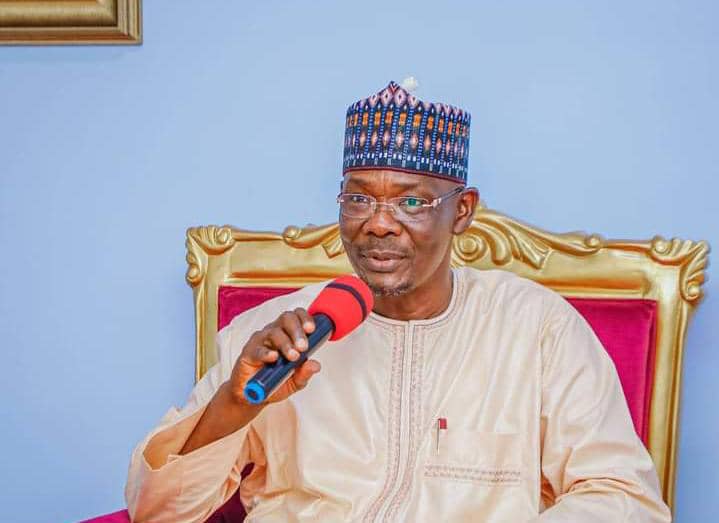Amid the growing insecurity in the country, the Nasarawa State Governor, Abdullahi Sule, on Thursday said Nigeria’s military requires more resources to address the killings in the north-central part of the country.
Speaking during an interview on Channels Television’s Politics Today, Sule explained that the military needs more support in the form of technology and communication, among others, to effectively deal with the situation.
New Telegraph recalls that the north-central states of Benue and Plateau have come under a wave of attacks that left scores dead, homes destroyed, and several residents displaced.
The Benue State Governor, Hyacinth Alia, on Monday, April 22, confirmed that the death toll from the attacks on the Ukum and Logo local government areas by bandits had risen to 72.
He also urged the Federal Government to step up security surveillance in Benue urgently.
READ ALSO
Sule also reiterated the position of the Benue governor that the attackers are not Nigerians and further said it was not that difficult to identify the criminals because they speak a different kind of Fulfulde.
He also said it was difficult to monitor Nigeria’s borders with neighbouring countries.
Governor Sule said, “The lengthy discussion we had with the general yesterday has shown that we must introduce more resources in the form of technology, in the form of people, and then the biggest of them all, in the form of communication, to support the military.
“You know, so we need to be able to assist the military with more communication, with more information, with, so that’s the only way that they will be able to achieve this. And I think that’s what we decided we are going back to do.
“Well, it’s not that difficult to identify them because they speak a different kind of Fulfulde. They look Fulani; they don’t speak Hausa, and we have a lot of videos of them.
“You have to consider what is happening in their countries. Right now, the Republic of Niger, you know, is having its own, a lot of security challenges, economic challenges, security challenges, and some of these people cross over.
“You know, from Mali, Senegal, Burkina Faso, Chad, and the rest of that, they look more or less alike. So it’s very difficult for anybody to identify and say, oh, they are from Mali.
“The governor of Plateau just told me 45 minutes ago that actually they were not residents in Plateau. They come from one or two places and then they attack and they go back to such places.”















